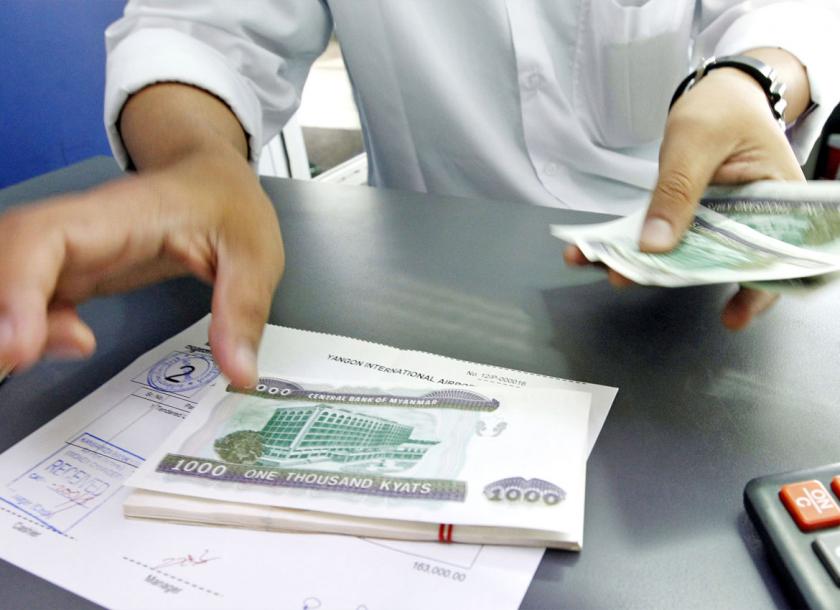The Central Bank of Myanmar (CBM) attempted to shrink the volume of illegal money transfer between Myanmar and its neighboring countries
27 พฤศจิกายน 2562
In an attempt to shrink the volume of illegal money transfers between Myanmar and its neighbours, the Central Bank of Myanmar (CBM) last week announced the availability of official remittance licences.
The move, which commenced on November 15, is aimed at facilitating the legal movement of money by traders and migrant workers based overseas into Myanmar and encourage official remittance businesses to emerge, the CBM said.
But banking experts questions its effectiveness in checking widespread illegal Hundi operations, which tap a vast network of traders stationed across borders to bring the money into the country.
For the first six months of the year, a total of 556,148 Myanmar migrant workers remitted US$526.7 million to their families in Myanmar, according to the Department of Labour.
Official remittances last year were just shy of US$1 billion, compared to just US$101.8 million in 2014.
The official figures represent just a fraction of the total amount of money being moved across Myanmar’s borders. Hundi operations are particularly rampant at the China and Thai borders, where the majority of Myanmar’s cross-border trading takes place.
It is also common for illegal migrant workers based overseas to remit money home through the Hundis, even though they charge higher fees and offer lower exchange rates compared to the banks. There are also no guarantees that the money transferred will be handled safely.
“It is difficult to say for sure how much money gets transferred into the country illegally. The illegal remittance market is too large. By issuing an official licence, it will encourage illegal operators to switch to legal avenues and allow the government to better predict the cash inflows,” said U Aung Ko Ko, a local economist.
Other experts point out though, that the banks must cooperate for the move to be effective. One bank insider pointed out that while the licences should benefit overseas workers, who are limited by the CBM to a monthly remittance amount of US$5000 per worker and US$1000 per transfer, traders deal with much larger amounts of money. “The banks should ensure they are able to handle larger volumes and more regular transfers,” he said.
U Than Lwin, senior adviser of KBZ Bank, said that although the licences are a welcome development, the move will not be successful if concurrent action is not taken on illegal money transfer businesses.
For example, despite the CBM having issued three directives to carry out local payments in the Myanmar kyat, many commercial outlets still accept payments made in USdollars.
“The CBM issued directives to make local payments in kyat, but no one has followed and neither has action been taken against those who failed to so. So, who is to be afraid of it? The Hundi will go on doing business as usual unless the authorities enforce the law,” said U Than Lwin. – Translated
(The Myanmar Times: https://www.mmtimes.com/news/better-bank-services-enforcement-needed-remittance-licences-work.html )











